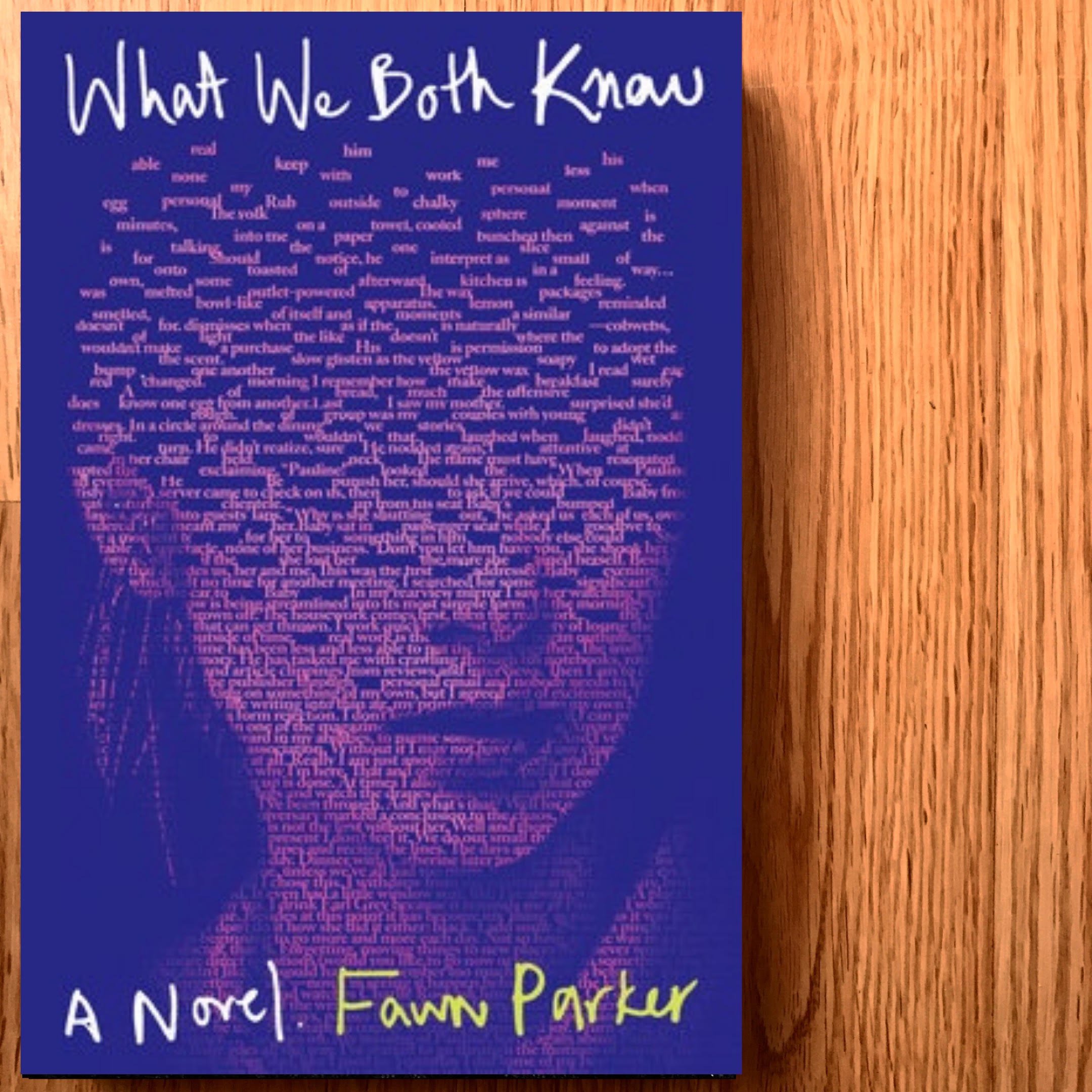By Cassandra Navratil
There is something very familiar and comfortable about Fawn Parker’s writing style that drew me into her latest novel almost immediately. After the first few chapters, I tried to pin down what it was that had me so enthralled, barely able to set the book down. Was it the stream-of-consciousness style of narration? The main character’s description of her daily routines, and her state of mind? I finally settled on the fact that Fawn Parker seems to have woven her story together with tiny threads of nebulosity, leaving the reader to guess at major details until they are eventually revealed—without much fanfare, I might add, almost like they’re just casually dropped in front of you to pick up.
The novel begins with breakfast between the main character, unnamed until much later, and someone named Baby. There is a palpable tension between Baby and his caregiver right away, something that left me guessing, searching, scanning for hints that would let me in. It felt as though I was taking a peek through a door sitting ajar and eavesdropping on conversations and thoughts not necessarily meant for anyone else’s ears but the protagonist’s.
As the story unfolds, we meet more characters in the narrator’s life, and find that she is a middle-aged woman called Hilary Greene, and Baby is her father. Baby Davidson, aka Marcus Greene, a prolific author in his time, now struggles greatly with his mind and memory, falling into mental disrepair via the thief that is Alzheimer’s. His last project, a memoir, needs to be completed, and he is absolutely not up to the task. An extremely complicated and dark past, combined with his present issues, leaves both the memoir and Baby’s care firmly in Hilary’s lap. With new and revelatory information flooding Hilary’s brain on what seems like a constant loop, she is understandably overwhelmed, and working through reconciling who she is, who her father is, why her sister died by suicide, and how she is supposed to move forward with her own life when the past keeps coming to haunt her.
Is there such a thing as being pleasantly uncomfortable? In my opinion, that exact feeling is what kept me coming back to this book every time I set it down. I wanted to know more, yearned to find out why, how, and what the resolution(s) would be, if any. I found myself daydreaming about Hilary, worrying about what was going to come next in her story, and thinking about my own life and future with my parents as they age. This is a story that takes painfully real elements of humanity—both positive and negative—and interlaces them beautifully so that the reader cannot help but feel as though they are living vicariously through Hilary’s experiences. Fawn Parker has written another phenomenal novel, one that will undoubtedly live (haunt) in my mind for a long time.

